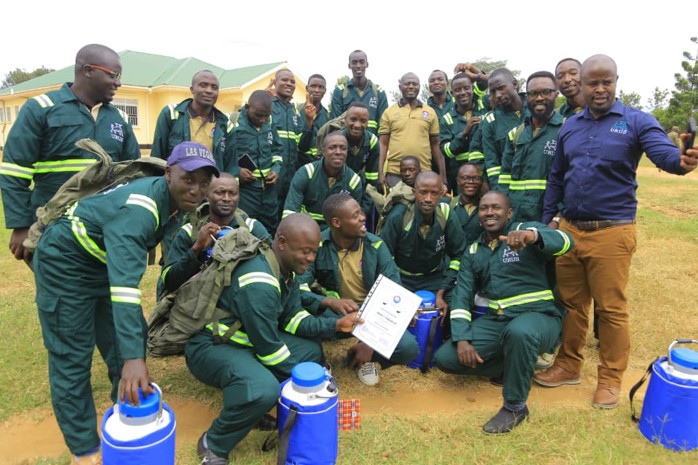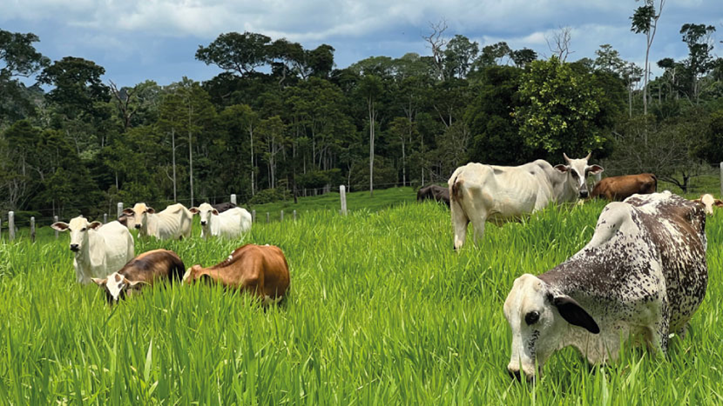When Mrs. Zondi joined the Owothate Cooperative a few years ago, she had been discouraged with the low prices she was receiving due to her low-performing breed of cattle. Soon after, she used GENEX Cooperative Development Program (CDP) guidance to draft a genetic improvement plan to increase the value of her cattle.
The first step of investing in quality bulls is already paying off with top market prices at auctions over the last two years. For the next step of her breeding plan, the CDP Regional Manager advises adding Artificial Insemination (A.I.) to her farm management which will result in significant genetic improvement. To achieve maximum reproductive performance, it will be key to continue to use clean-up bulls to catch the cows that did not get pregnant through A.I.
Every year, more beef farmers around the world are taking advantage of A.I. to achieve greater profitability in their herds. The A.I. process involves taking semen collected from a bull and depositing it in a cow. The semen is frozen and stored in liquid nitrogen so it can be shipped from great distances. Instead of having to own or rent bulls, farmers can select the best bulls for their operations from anywhere in the world. Although any bull can be collected for A.I. use, to take advantage of the science, farmers should only use semen from reputable genetics companies that have fertility checks and genetic facts.
Correct technique is essential for successful A.I. While farmers can learn how to do it themselves, it is often better to pay for service by an experienced technician who practices regularly and has the equipment and updated knowledge. In fact, the main purpose that GENEX Cooperative was created in the USA was to provide A.I. service for its members.
Ikhephu Secondary Cooperative in the Eastern Cape also started an A.I. service four years ago, training qualified technicians. Ikhephu’s A.I. program is growing each year with more farmers taking advantage of the service. During the 2019/2020 breeding season, 600 cows were bred with A.I., achieving an average conception rate of 70% (this is equal to the industry average worldwide). Already in the 2020/2021 season, around 750 cows have received A.I. service. Members of Ikhephu Secondary Cooperative are excited to see the results their investment will bring. According to Sinovuyo Ndzukuma, an Ikhephu board member, they have successfully introduced the AI service in order to improve the genetics and quality of their cattle.
While there is an upfront cost for using A.I., as well as an adjustment in management practices, more farmers are realizing that it pays off over time in several ways. With the use of tested semen, farmers can more easily control the transfer of reproductive diseases. Secondly, farmers can strategically choose to mate individual cows with specific bulls to improve offspring traits like milk production and rate of gain. With the wide variety of genetics available, A.I. makes crossbreeding easier and helps avoid inbreeding. Herd bulls must be replaced every two years to avoid breeding to daughters. In addition to the cost of the bull, there is also undocumented costs in feeding as well as not knowing a bull’s fertility or genetic merits. All these benefits impact a farmer’s bottom line, but the main advantage of artificial insemination is bringing the best genetics from sires around the world onto the farm.




